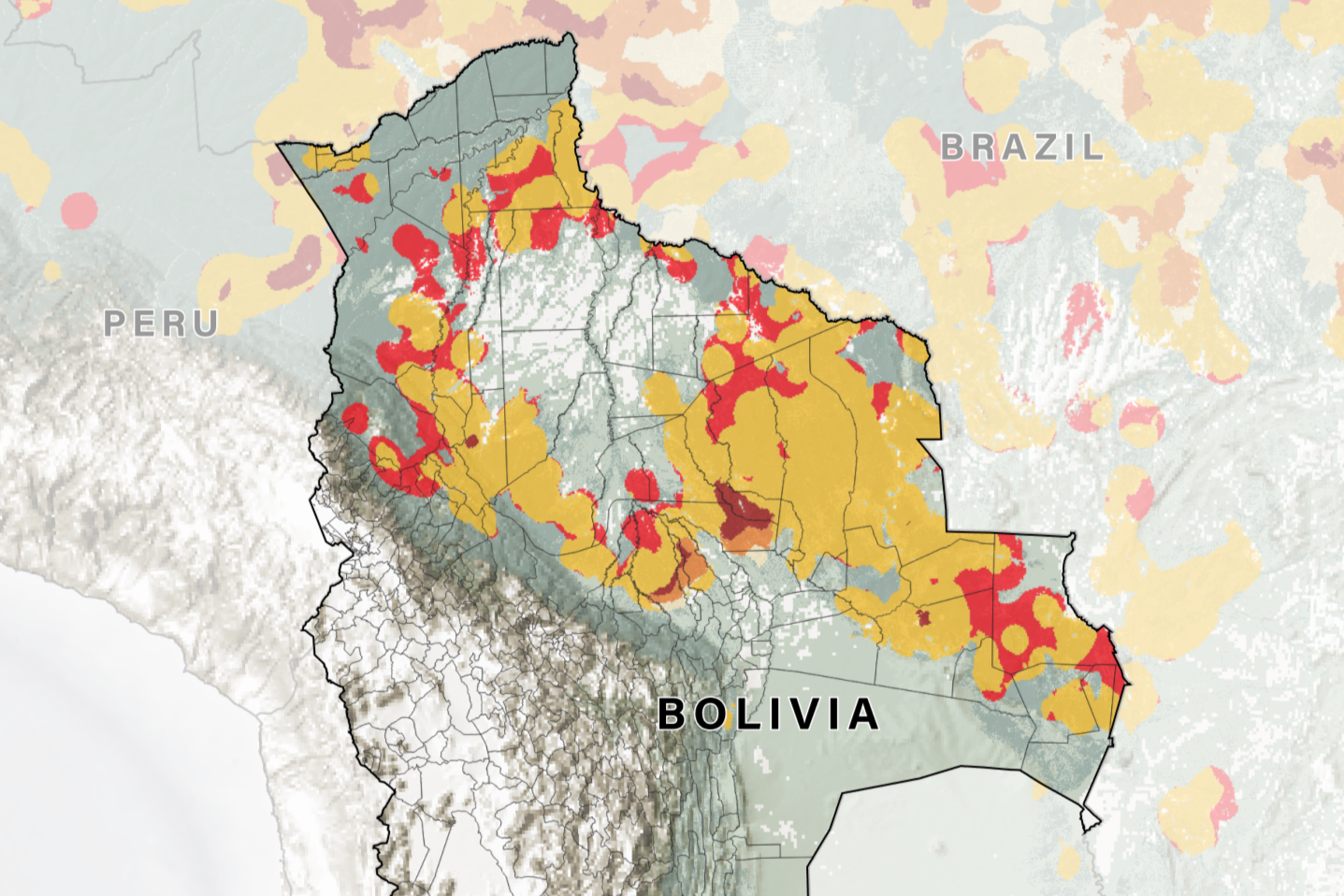Burning Quietly
4 years, 1 month, 26 days, 21 hours
25 May 2025
The forces of nature we have unleashed can be too strong.
Last month, Global Forest Watch, run by the World Resources Institute, published its report on the levels of loss of tropical forest in 2024. And it makes for the most depressing reading, I am sad to say, as you might guess from the title of their accompanying blog Fires Drove Record-breaking Tropical Forest Loss in 2024. Overall loss was greater than in any year in the last 20 years. The rate of loss of tropical primary forest was equivalent to 18 football fields per minute and in total destroyed a forest area equivalent to the size of Panama.
Within that horror story are nested many others. In particular Bolivia saw a doubling in its loss of forest and Nicaragua took the ignominious prize of first place for the percentage of its primary forest lost – a whopping 4.7%. In Africa both the Democratic Republic of the Congo and the Republic of the Congo managed to achieve record loss rates. Globally (i.e, including beyond the tropics) tree cover loss reached a record high. Despite the 2021 Glasgow Leaders Declaration to halt and reverse forest loss by 2030, 17 out of 20 of the countries with the largest areas of primary forest have higher loss rates today than when the agreement was signed. Only Indonesia and Malaysia have managed to buck the trend with loss rates continuing to fall.
And as the article shows, the main reason for the spike was fire. Climate change meant 2024 was the hottest on record, and also one of driest. It meant that even countries whose policies had swung behind forest protection, most notably Brazil, found their efforts obliterated by fire. Of course in most cases the fires were also man-made, usually as a result of clearance for cultivation, and ran out of control in the arid conditions.
There is a stark warning here. As we approach 1.5 degrees, 4 years from now, we IRREVERSIBLY break some of the fundamental components of our planetary eco-system (principally loss of icefields). 2024 showed that even where governments start to try to do the right thing, the forces of nature we have unleashed can be too strong. As The Economist put it ‘Lula’s policies proved to be less potent than climate change’.
